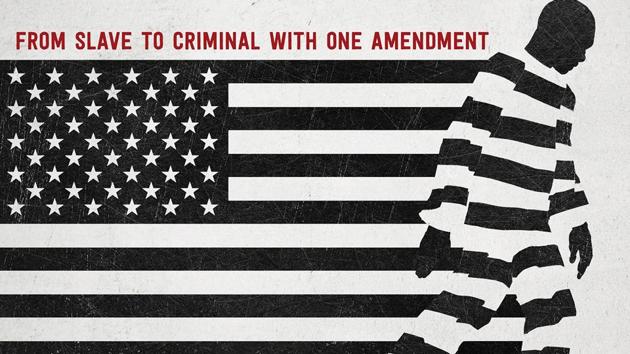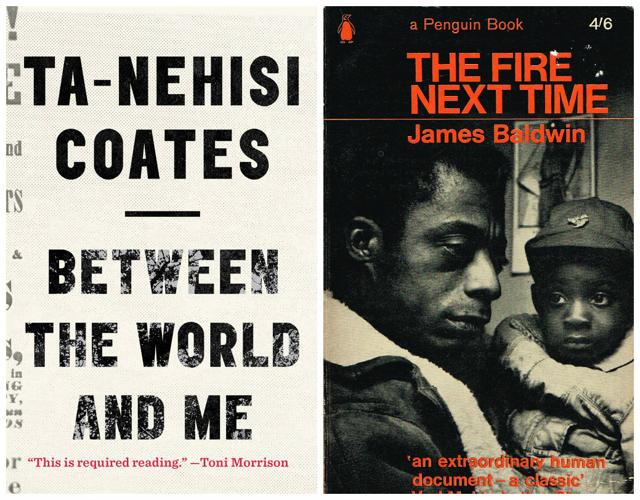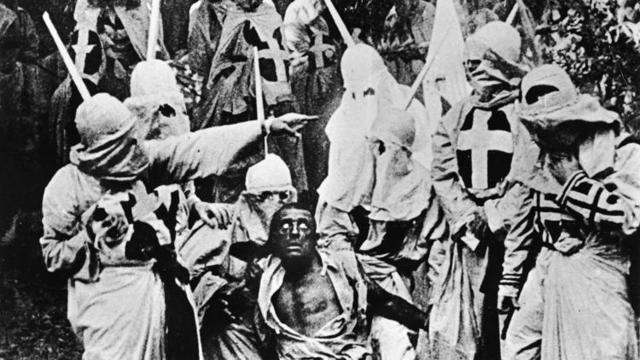13th review: Ava DuVernay directs one of the best films of the year
Ava DuVernay’s new Netflix documentary 13th is a powerful work, an important film for the times we live in and one of the best movies of the year.
13th
Director - Ava DuVernay
Rating - 4.5/5

“Neither slavery nor involuntary servitude, except as a punishment for crime whereof the party shall have been duly convicted, shall exist within the United States, or any place subject to their jurisdiction.”
- The Thirteenth Amendment to the United States Constitution
In a film full of impassioned voices — intellectuals, politicians, activists and former inmates — there is one voice that is more resounding than any. It is the only voice that doesn’t speak. It is the only voice we never hear. But through her images and sounds, director Ava DuVernay brings the necessary anger, the controlled outrage, without which this film couldn’t have been as enormously important as it is.
The image is a powerful medium to inspire change. It is definitive. You only believe what your eyes can see, and then, confronted with proof, the questions and the doubts that you once had, are quelled. Without ever saying it outright, DuVernay’s film, about mass incarceration in the United States, is also about these images.
It traces the history of injustices against the black community, from the iconic image of slave Gordon, his back whipped so mercilessly that it became almost reptilian, to cell-phone footage of police brutality in 2016.
Read more movie reviews here
That image of Gordon was the final evidence many abolitionists needed. It was the image that inspired many free black men to join the Union Army against the Confederates in the Civil War. This film, which borrows its name from the same amendment that declared every individual free, has the courage to say what’s on everyone’s mind. Without any hesitant pauses, in a strong, reasonable voice, DuVernay’s film announces mass incarceration as a form of modern slavery. The plantations have become cells.
The images presented in 13th, in 2016, are as powerful a force of mobilisation as the image of Gordon was in 1863, or the hundreds of images of nameless black men, lynched, hanging from trees. Or the images of open casket funerals, parting gifts of fierce black mothers to their gunned-down black sons.

Ta-Nehisi Coates, in his magnificent 2015 book Between the World and Me, observed the role of the black man in a modern America, just like James Baldwin all those years ago in 1963. As many have already pointed out, it is required reading. But unlike Coates, DuVernay’s idea of America, while similarly dour, is not without hope. In many ways, it has the urgency of a last-ditch attempt, a final warning sign before the road forks into uncharted, dangerous territory.
She uses images from the past and juxtaposes them against contemporary rhetoric. The voice of Donald Trump, romantically talking about ‘the good old days’ plays over footage of the KKK burning crosses, an image that was itself inspired by DW Griffith’s immensely racist film The Birth of a Nation.

So what do we do about it — aside from the occasional #BlackLivesMatter tweet? The easiest route to take would be washing our hands off this, like the hundreds of other injustices we observe and ignore every day, by chalking this down as ‘an American problem’. But it’s not, is it? It’s not just an American problem.
In India it is worse. We just don’t talk about it.
There is a short clip played in the film. In fact, it is played a couple of times. In it, a black man, dressed in a suit, wearing a hat, is slapped around by white men on a street. No one comes to his aid. He is knocked about like a pinball, from one racist monster to another, seemingly concerned only about his hat, which keeps falling every time he gets hit.
Now think about all the times you’ve seen our own policemen beating women on the news, dragging naked young boys, tied to their motorbikes, on gravel and mud. How many times have you seen a mob beating dalits?
For every Dr Martin Luther King, we have a Dr BR Ambedkar. For every 13th Amendment we have an Article 17.
This is not an American problem. 13th is a great film. It’s streaming on Netflix, where it’ll exist forever. You have no excuse to not watch it.
Follow @htshowbiz for more
The author tweets @NaaharRohan





